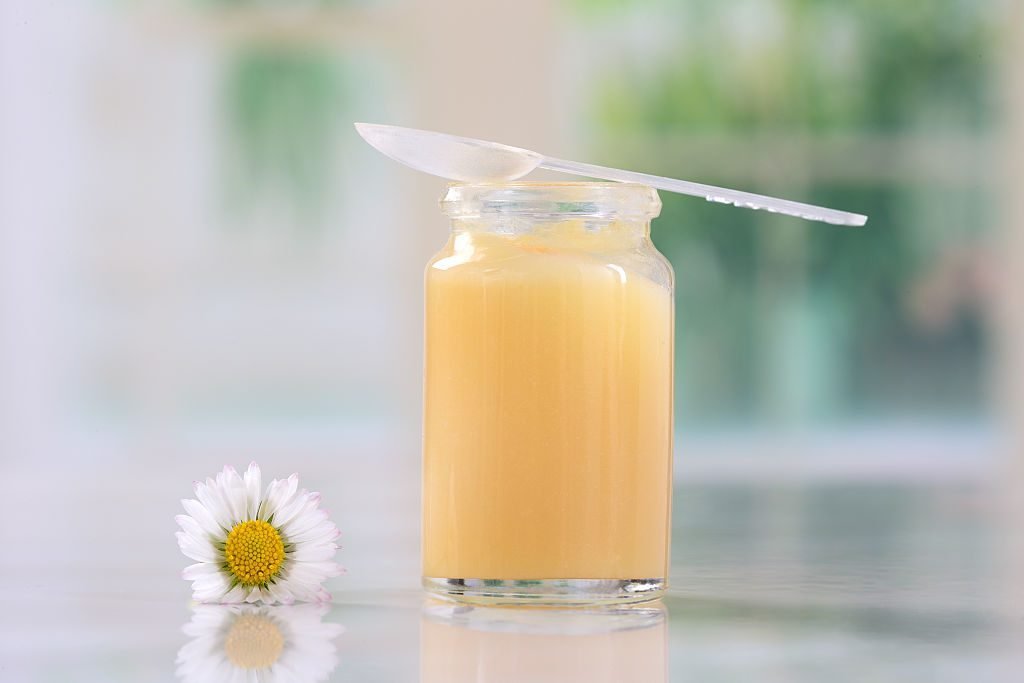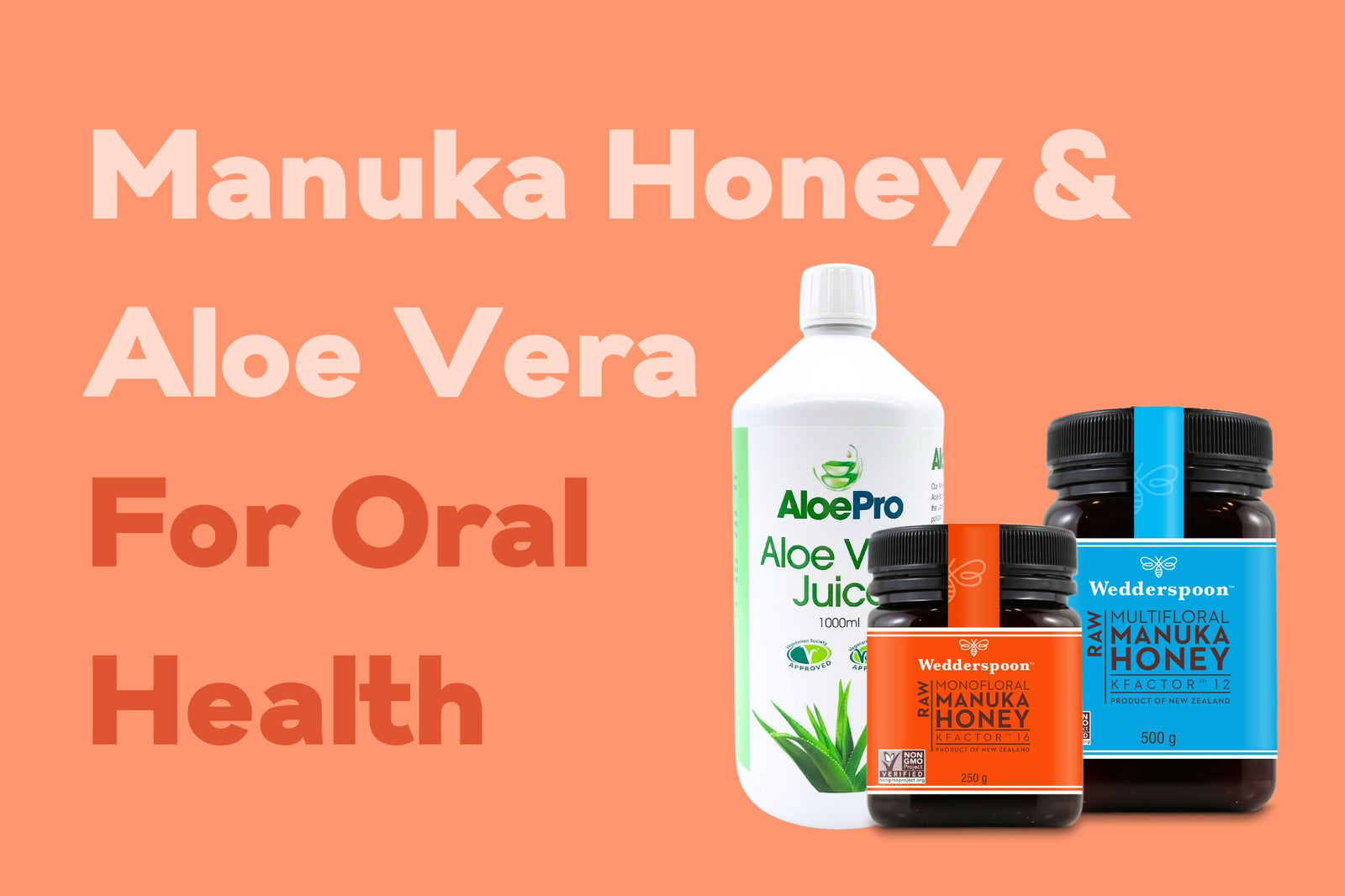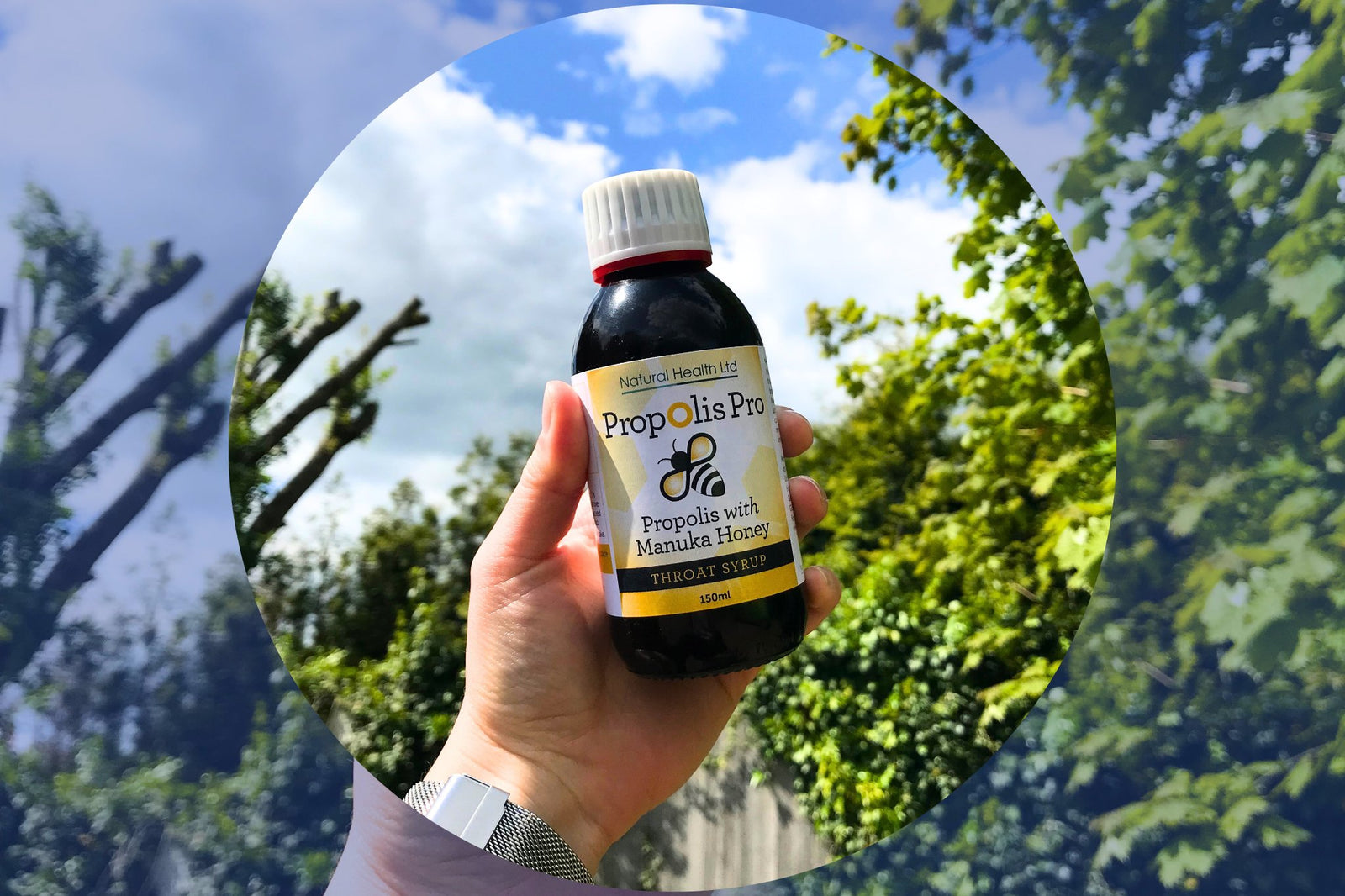Your Cart is Empty
Manuka Honey
7 Proven Benefits of royal jelly for brain health
October 17, 2022 3 min read

What is Royal Jelly?

Royal Jelly is a milky-white, creamy substance produced by the salivary glands of the worker bees as a food source for the queen bee. It’s specialized nutritional content ensures the queen bee is in high physical fitness, has good fertility and a long-life span. As Royal Jelly has this impact on queen bees, many people believe that it does the same for humans, although there is currently no evidence to support this.
Royal Jelly contains many active compounds and has been studied for its antioxidant, anti-inflammatory, neuroprotective, anti-tumour, and anti-microbial effects. It is also known for containing two fatty acids - trans-10-Hydroxy-2-decenoic acid and 10-Hydroxydecanoic acid. Royal Jelly’s make-up can vary depending on where it originates from, and the climate conditions there.
Royal jelly is highly regarded in Chinese medicine for restoring strength after illness and is known as the ‘food of emperors’. The Maharajas of India used it to maintain youthful energy, and Pharaohs in Egypt used it to increase longevity. Even Queen Elizabeth II used it to prevent fatigue!
How do you take Royal Jelly?

Royal Jelly can come in many different forms. It can be applied topically or taken orally. Fresh royal jelly usually comes in gel-like substance or is freeze dried. However, it is also available as powder tablets, or jelly capsules. You can even drink it in liquid form find it in honey, or it can be mixed with other bee products, such as pollen and propolis!
Benefits of Royal Jelly
- Reduces inflammation and oxidative stress
- Has antioxidant effects
- Helps to lower cholesterol
- May help to support normal blood pressure levels
- Its antibacterial effect can help with wound healing and skin repair
- Has anti-aging effects – supports the maintenance of healthy, younger-looking skin
- Helps to treat certain symptoms of menopause and PMS
Royal Jelly is also known to support a healthy brain function due to its antioxidant properties. Let’s dig deeper into this!
How does Royal Jelly support a healthy brain function?

Many animal studies have found that Royal Jelly has a protective effect on the brain and nervous tissue because of is antioxidant effect. One study found that it can reduce the levels of stress hormones in stress-induced mice. Another study found it improved memory and reduced depression in postmenopausal rats. A third study found that Royal Jelly removed certain chemical deposits in the brain that are associated with Alzheimer’s disease (AD). It had a positive effect on neuronal degeneration, in particular on the hippocampal region of the brain, the area most affected by AD. Studies on rats with induced AD found that Royal Jelly could reverse neuronal degeneration and help with the regrowth of brain cells. Later on, studies on worms found that enzyme-treated royal jelly may be effective in actually preventing Alzheimer’s Disease as it delayed body aging. However, it is important to note these studies have not yet been confirmed in humans.
In a clinical trial, a dietary supplement of freeze-dried royal jelly, ginkgo extract and ginseng extract was found to improve the cognitive function in people with mild cognitive impairment. However, it is not clear which ingredients were responsible for these improvements and no human trials have tested the effects of royal jelly alone.
Our PowerHealth Bumbles Royal Jelly
Our Bumbles Royal Gellee is unusual in that it is harvested, purified and flown to us directly without being freeze dried, making it as fresh as can be since the day it was harvested. It is naturally rich in trans-10-hydroxy-2-decenoic acid (HDA).
Benefits:
- An excellent tonic with a rich combination of vitamins, minerals, amino acids and trace elements
- For women experiencing morning sickness or PMS
- Protects against infection and viruses
- Can help those who suffer from eczema, psoriasis or acne
- An excellent all-round tonic for the family
- Natural antibiotic and antiseptic
Also in Blog
Subscribe
Sign up to get the latest on sales, new releases and more …
×
Editor
Show/Highlight replaces
Show 0 replacement(s)
Replacements











